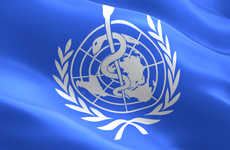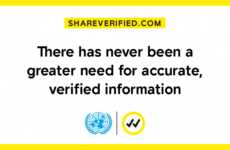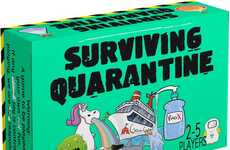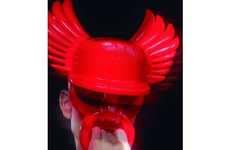
H1N1 Accused of Being Developed in a Laboratory
Shelby Lee Walsh — May 15, 2009 — World
References: thetechherald
There are a number of H1N1 conspiracies, and one of them is that the swine flu virus may have been created in a lab and then possibly leaked out into the public domain. The rumors have now made their way to the World Health Organisation (WHO).
WHO states that they “...took this very seriously…, but the evidence suggests that [H1N1] is a naturally occurring virus, not a laboratory-derived virus.” Doctors have also testified for WHO saying that the H1N1 conspiracies “[do] not really stand up to scrutiny,” although some swine flu researchers are still not entirely sure.
These emerging H1N1 conspiracies prove that swine flu hysteria continues to sweep the globe.
WHO states that they “...took this very seriously…, but the evidence suggests that [H1N1] is a naturally occurring virus, not a laboratory-derived virus.” Doctors have also testified for WHO saying that the H1N1 conspiracies “[do] not really stand up to scrutiny,” although some swine flu researchers are still not entirely sure.
These emerging H1N1 conspiracies prove that swine flu hysteria continues to sweep the globe.
Trend Themes
1. H1N1 Conspiracies - Opportunity for exploring the impact of conspiracy theories on public health and trust in institutions.
2. Laboratory-created Viruses - Potential for researching the development and security of viruses in laboratories.
3. Swine Flu Hysteria - Exciting chance to analyze the spread and effects of public hysteria during viral outbreaks.
Industry Implications
1. Healthcare - Discover opportunities for improving communication and public education during disease outbreaks.
2. Biotechnology - Innovative solutions can be explored for secure and responsible laboratory research.
3. Media and Journalism - Identify possibilities for responsible reporting and combating misinformation during public health crises.
2.7
Score
Popularity
Activity
Freshness























